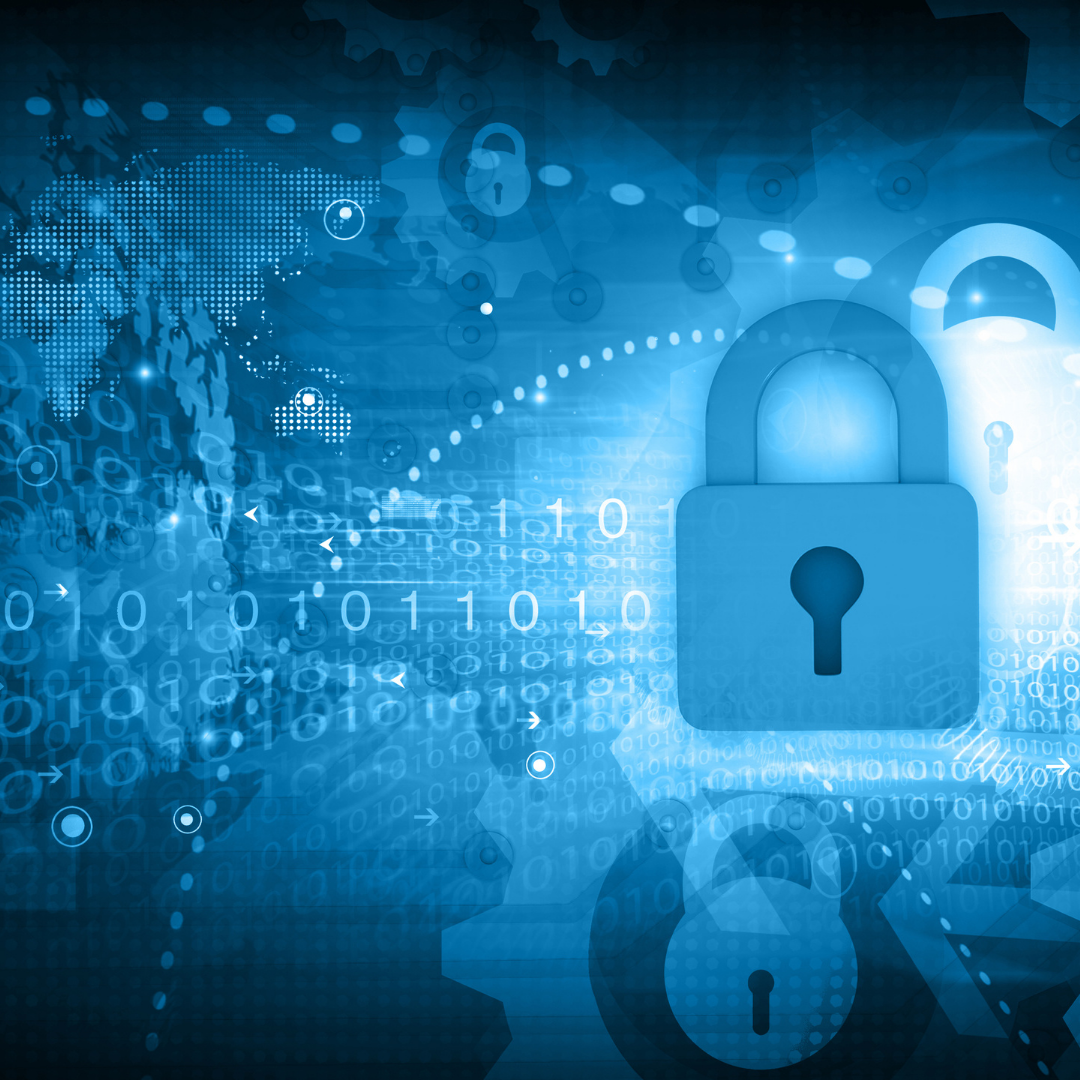
Data Breaches
Are All Around Us
It seems like every day we hear about another data breach. Most of the time it’s just another
headline we read on the daily news, until it affects us personally. These are not small data
breaches and often involve millions of users. Undoubtedly you and your company either have
been, or will be affected by a breach.
A few examples of companies that have experienced breaches include: AT&T, Equifax, LinkedIn,
Facebook, X (Twitter), Experian, eBay, CapitalOne, Anthem, DropBox, Uber, Home Depot,
Target. This is a short list, if we named them all this wouldn’t be a blog it would be a book.
These are organizations we trusted with our information and they let us down. Their controls
over data were no better than yours or mine. They allowed unauthorized access their client
data and they were asleep at the helm when it came to security. This could happen to anyone
of us, but you and I do not maintain data for millions of clients. There are actions we can take to
help protect our personal and company information.
What can you do? Obviously, we can’t change what’s happened to the big-name companies
listed above as the door is already open and hackers walked right in. The organizations we trust
with our data need to be more diligent and we need to hold them accountable.
Your organization should embrace and implement Information Governance policies. This means
educating and training employees to be aware of security risks and reporting obligations to
alert of any suspected data breaches. Personal responsibility for your data coupled with
enforced company policies will help thwart attempted hacker attacks.
As an employee or individually you can do some things to make your information management
much stronger before you get hacked.
- Stronger passwords. Most don’t like to use stronger passwords because they are
difficult to remember, but stronger passwords are the key to protecting your data. Use
them, but record these in a safe place for easy access and in a secure manner. It is not
recommended to write them down on paper as they can be misplaced or accessed by
the wrong party. - Freeze credit. One of the best ways to counteract data breaches is to freeze your credit.
If someone has your personal data, then they cannot open a credit card account in your
name. If you want additional credit, then you can alert the credit agency (Experian,
TransUnion, Equifax) to unblock your account so a creditor can access it. - Credit Monitoring. Generally, a good idea to have this service and check it on a periodic
basis and/or request alerts. If you were affected by a data breach and you were notified
of free monitoring, then take advantage of this offer. - Two-Factor Authentication. This can be frustrating, but it helps you avert data breach
issues and prevents others from accessing your info without your knowledge. - Multi-factor authentication. Utilize these verification mechanisms such as location or network checking.
- Self-Monitoring. Take personal responsibility, diligently and frequently check your credit cards,
bank accounts, and other financial investments. - Email Due Diligence. Do not open attachments from unknown sources. Know which email
addresses are legitimate and trusted.
Unfortunately, data breaches are part of our world both at work and at home. Take charge before someone takes charge of your information.
Accufile helps organizations avert data breaches by designing solutions and implementing Information Governance policies, procedures and training.
Related Posts
Can You Safeguard What You Don’t Directly Control? Navigating a work-from-anywhere (WFA) environment [...]
Information Governance Requires Defensible Destruction Part 1-Implementing Policies-The Hows and Whys Corporate workplaces [...]
DATA BREACH Wondering why you need to worry about your Written Information Security Plan? Look [...]



